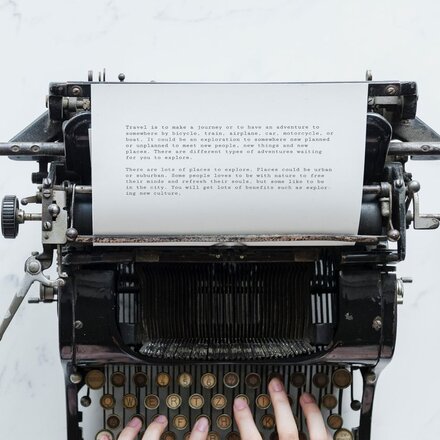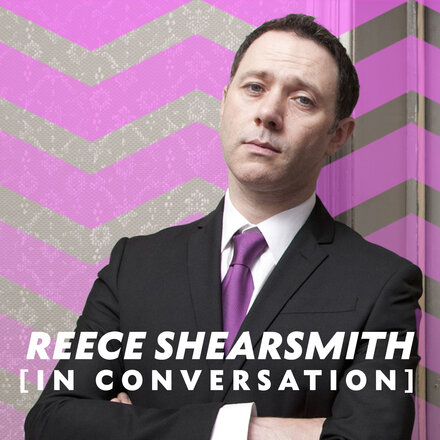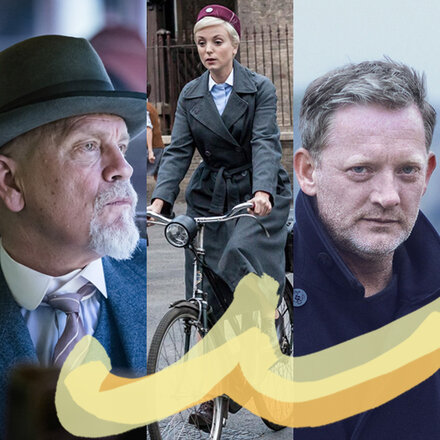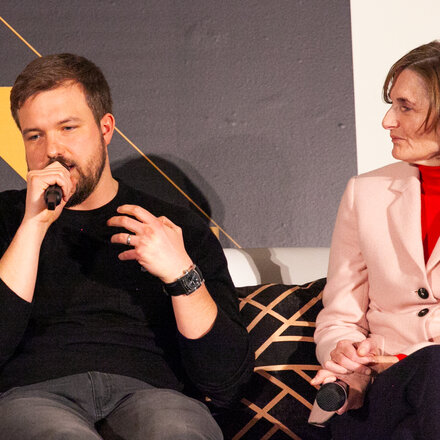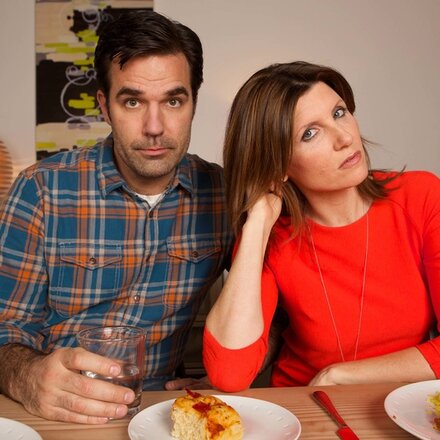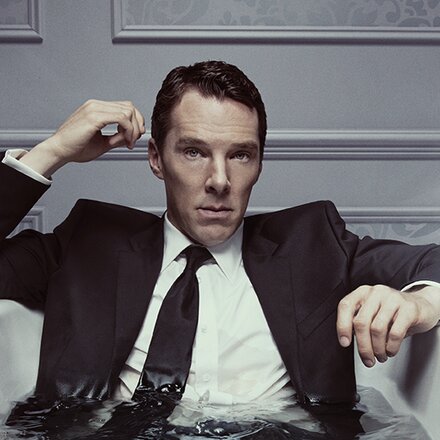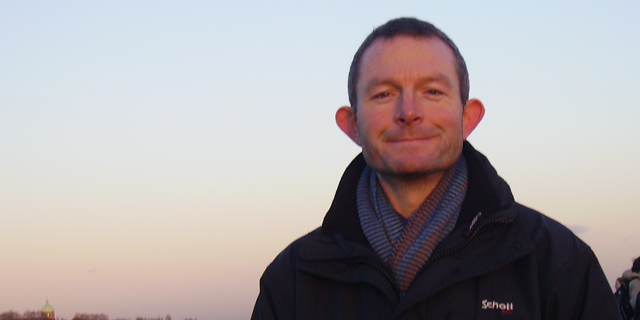
Robert Jones: Interview
British screenwriter Robert Jones (Secret State, Murder, The Bill) talks about his career in television, plucking up the courage to write his own series and why creativity stems from collaboration.
Published 07 November 2012.
Words by Matthew Bell.
BAFTA-winning writer Robert Jones enjoyed critical acclaim earlier this year with BBC2’s Murder, which examined a killing in a strikingly original way by weaving together monologues from the suspects, witnesses, police and lawyers. Director Birger Larsen described Jones’ script as “great writing,” praise indeed from the man who helmed Danish thriller The Killing.
Since first penning scripts for The Bill two decades ago, Jones has been a constant presence on TV. From the grit of BBC2’s The Cops and Channel 4 prison drama Buried – which scooped three BAFTAs between them – to the softer Ballykissangel and No 1 Ladies Detective Agency, Jones has been as varied as he is prolific.
Next up is Jones’s second major series of 2012, C4’s conspiracy thriller Secret State, starring Gabriel Byrne as a politician who takes on a US petrochemical company and the British establishment in the wake of a horrific industrial accident.
The four-parter is inspired by the broadcaster’s landmark 1988 series A Very British Coup, which was adapted by the late Alan Plater from former Labour MP Chris Mullin’s novel. Jones, however, has updated the original’s concern of nuclear disarmament. “In the 1980s the political situation was so different; there was the cold war internationally and Greenham Common at home,” says Jones. “The nuclear debate does still resound but it doesn’t seem as dangerous – it’s not this generation’s issue.”
Jones read the book and watched the series again and then put both to one side, using them as a departure point for Secret State. “I looked for an issue that would be as polarising and as stark as the nuclear threat. What seems to fire people up now is the tension between unbridled multinational capitalism and democracy,” he says.
Before his TV break came, Jones had written short stories and attempted a novel, though none were published. “I don’t particularly like short stories so I have no idea why I was trying to write them. I suppose because they’re short,” he recalls. Jones tried his hand at script writing, found it “came very naturally” and was brought on board The Bill by script editor Christopher Penfold.
“If you’re a good enough writer and persistent, that should be enough to break through.”
Having learned his trade penning 14 episodes of the long-running ITV show, Jones stepped up to gentle BBC1 police drama Pie In The Sky. “It seemed a huge leap at the time, both psychologically and career wise to be suddenly writing hour-long shows. [Series creator] Andrew Payne was a great mentor,” he recalls.
Step by step, Jones was building up to penning his own series: “It was a reassurance at each stage that I could do it. Some people wrote two episodes of The Bill and the next thing you knew they were all over the screen with their own three-parter. Everyone’s different but for me it helped to do it in stages.”
More hired work followed on BBC series Dangerfield and Ballykissangel, before Jones created, with the late Jimmy Gardner and Anita Pandolfo, The Cops, an uncompromising portrayal of uniformed police at work.
Close working relationships have been a recurring feature of Jones’ career. “A lot of writers can’t stand any control or interference, but I love collaboration,” he says. “With Jimmy, we would sit around and discuss endlessly what could be done with a subject, and then we’d work out the series arc and the characters, and we’d talk about those endlessly too. Then we’d go away and write our own episodes.”
Another key collaborator is Kath Mattock, who Jones worked with on The Cops, Buried and Murder. “I haven’t got a huge amount of confidence in my own ideas, I’m always happy to work with a producer like Kath. We sit around and talk about ideas and then work them up. That always makes me feel much more comfortable than coming up with ideas on my own.”
“It’s worth cultivating really good relationships because they can be so productive,” offers Jones as a tip for new writers. “It’s very hard to give advice. I haven’t done any courses, although I’m sure they’re a good thing. I just think if you’re good enough and persistent, that should be enough. Just get it down on paper, keep sending it off and don’t be downhearted.”
Looking to the future, Jones fancies writing for the cinema: “In some ways making Murder was like a film experience in that it had a strong vision, an influential director and a very close knit team of director, producer, writer and editor.”
Lennon Naked, Jones’s 2010 single drama about the turbulent life of the Beatle in the late 60s, provided another taster of making movies. “I don’t suppose there’s much difference between Lennon Naked and a feature film, but there’s some intangible thing that means one gets shown on BBC4 and the other at Muswell Hill Odeon.”

